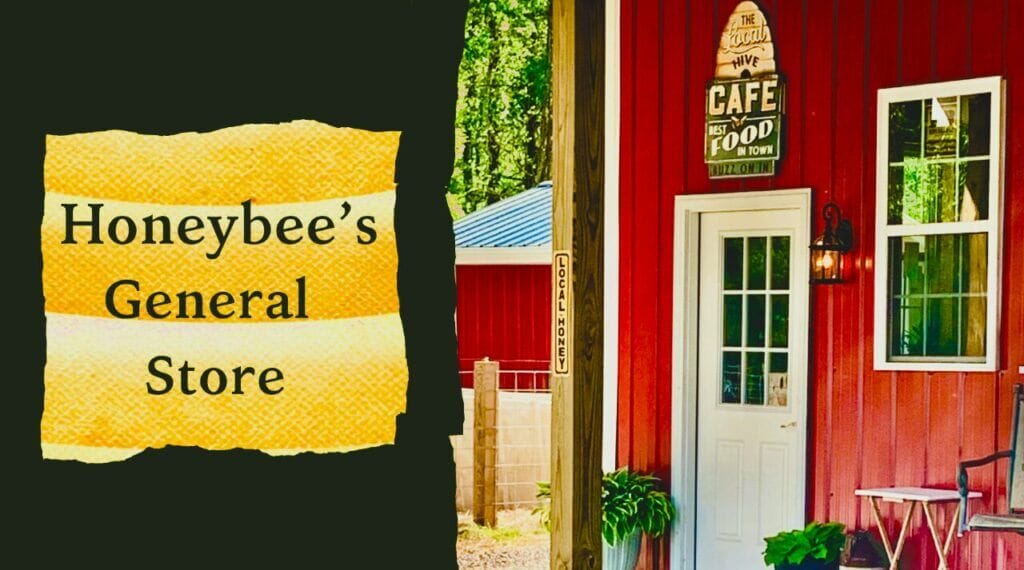I will assume at this point in our journey, you’ve heard a lot about something many of us refer to as the parallel economy. And yet, while you may have heard of it, you may be here wondering exactly what it is and what it means.
Well, allow me to sum it up for you and give you a few examples along the way… -Let’s get into it, shall we?
The Parallel Economy
Origins of the Term Parallel Economy
Originally, the term “parallel economy” was used to describe black markets or unaccounted money that throws a wrench in regional economies by causing a huge loss in their government’s tax revenues. Many governments try to curb this because the more we take away their piggy bank, the less power they have. And as we know, being the greedy sociopaths they are, their goal is to maintain power and control over as much of the population as they can.
However, the parallel economy we’re referring to started out as something entirely different…

Big Tech & The ESG Principles
In the beginning, our version of the parallel economy simply referred to new technologies and social media platforms such as pilled.net or Truth Social, which value free speech and other conservative values due to big tech suspending and removing patriot accounts to “silence them”.
On top of that, many companies decided it would be a great idea to push and promote “ESG Principles.” For those that don’t know, the ESG Principles is an investment strategy that has 3 parts:
- The E stands for environmental factors. It includes the energy a company uses and the waste it produces. The company must also consider the human impact its energy use has, including carbon emissions and climate change.
- The S is for social criteria and includes labor relations, management/employee diversity, and inclusion efforts.
- The G is for governance or the procedures and controls that your company uses to meet legal and ethical standards while benefiting your shareholders.

Unfortunately, this has led to companies prioritizing cultural agendas over products and quality of service. Since most people are driven by their values and belief systems, companies have alienated a huge portion of their consumer base by placing their focus on pushing ESG protocols.
Hello! Can you say New World Order anyone?
So, where do those disenfranchised consumers go?
Being the little rebels they are, consumers are adopting the idea of parallel economies because it aligns with their conservative values and the way they envision their world moving forward. What started as creating new social media platforms for conservative voices and moving toward new eCommerce payment systems, such as Align Pay, and other technology services has expanded to include every aspect of the small business community. It differs from traditional innovation because consumers aren’t transitioning away from services or products, they are simply creating their own versions or businesses to align with their cultural values and beliefs. (Two examples of these small businesses are Katts Remedies and Silent Tree Naturals.) You will also find that there are a lot of small businesses and other small platforms out there that support each other and will promote and/or advertise each other FOR FREE. An example of this would be Katts Remedies very own “Small Biz Hub” located on her blog page.

The Benefits of Small Businesses in Parallel Economies
As we’ve discussed ad nauseum in previous articles, Big Box Stores and Corporations have all but wiped out many of our small businesses; those local mom-and-pop shops we used to love venturing into for either loyal familiarity or for that unique something you can’t find anywhere else. Those little out-of-the-way specialty stores that were once the center of thriving communities and a way of life – Gone; crushed by the materialistic push for the next best thing that will be obsolete by its shiny new replacement within a year. Communities devastated.
As stated above, many are striving to reclaim that sense of community and way of life. They are seeking a slower pace; wanting to spend more time with their families and regain the loyal sense of the familiar that has been all but lost. Small businesses give the ability to build and create a foundation for a parallel economy and for these local communities to thrive once again.
The Benefits of Small Businesses in Parallel Economies
5 Ways Small Businesses Build Communities
1. Small businesses spur growth, inspiration, and innovation
New businesses are often created by people who may be tired of working for large companies and putting in long hours that, in reality, don’t benefit them at all. They start their own little company where they can work when they choose, with whom they choose, doing what they choose. These new businesses can inspire someone else who may have always had a seed of an idea to run with it. Gradually, with the support of those around them, the community starts to build.
2. Keep money in local communities

An important factor of small businesses to local communities is they help the local community thrive. People like to make purchases from either someone they know or simply to support something they like. In turn, this keeps the money within the community which can help it grow by reinvesting the money into the local economy.
3. They create jobs locally
One of the ways small businesses reinvest in their economies is by creating new job opportunities and they employ more people locally than large companies do. By employing locally, that employee will become more involved in the community as well. People can start collaborating on the look and vibe they would like for their neighborhoods and make improvements as they see fit.
4. They give identity to a community
Some communities have been so devastated by the Big Corporations they no longer have an identity. Small businesses can come up with catchy names and designs for their stores that help the community identify with them. They can get together with other local businesses and host events that give them a sense of being a part of something bigger than themselves.
5. Destination Location
Many small businesses become family-oriented places that contribute to the overall well-being of a community. They sponsor, help plan and get involved with local events that bring tourists from all walks of life together to have great conversations and experience a different way of life. These activities become opportunities for the whole community. This is the type of community that offers a destination for visitors to gain insight into something different. A slower pace, a calm environment, a sense of peace, and perhaps, an escape from their world for a moment in time.
And so, while the growth of the parallel economy started as a reactive solution to push back against big tech, people have woken up to the agendas of “The Powers That Think They Be”. More and more we see people turning their backs on living the way we’ve been forced into believing was the only way. We have become proactive in returning to our culture, to the importance of community building through building and supporting small businesses, incorporating new ways to use technologies, and most importantly, embracing “The Parallel Mind Set”.

